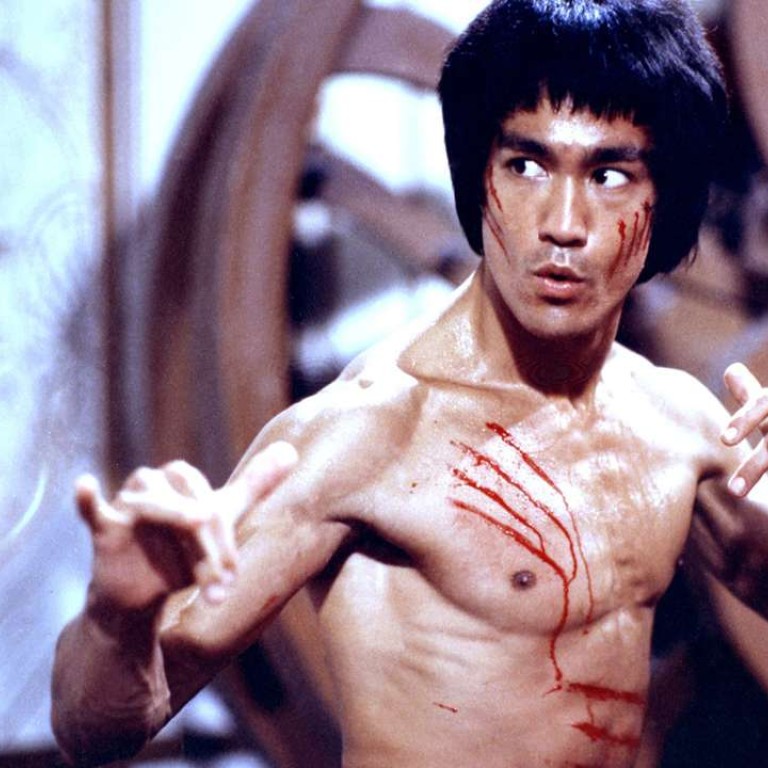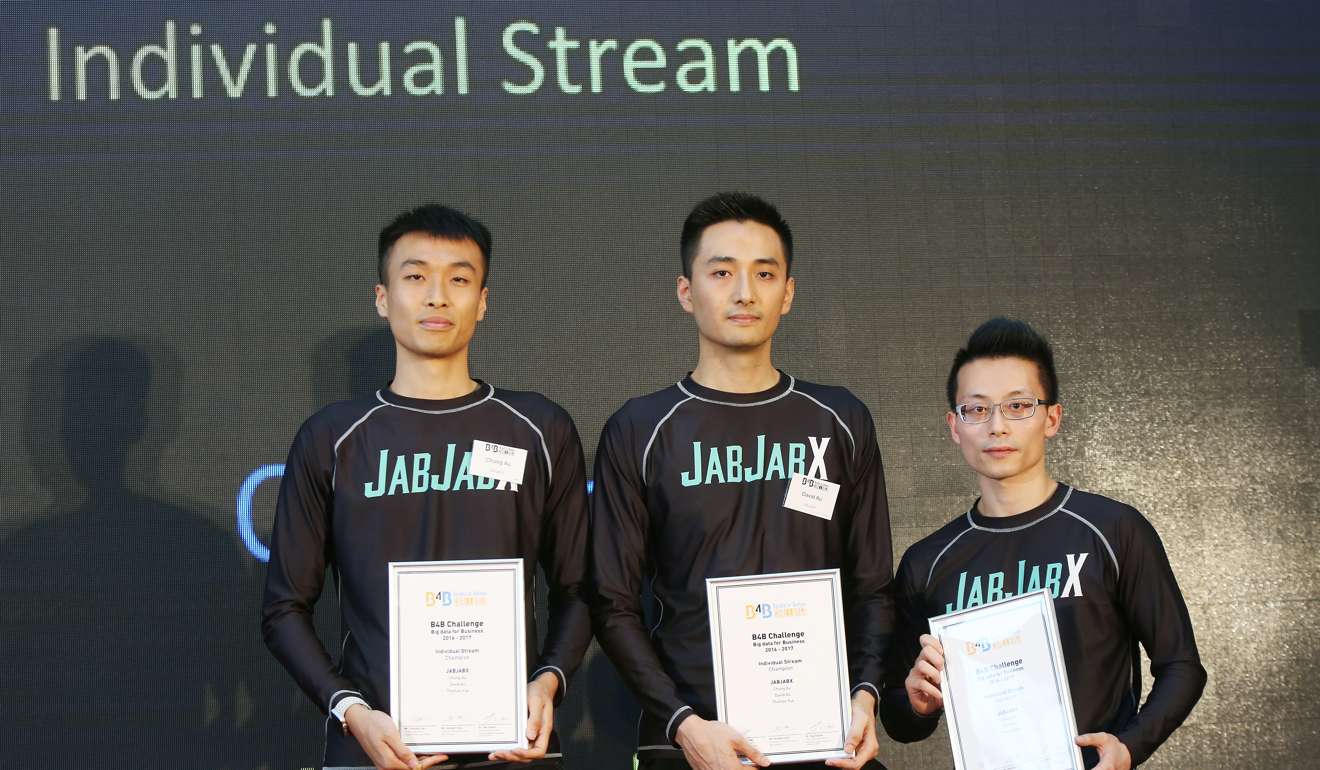
Artificial intelligence packs a punch in Kung Fu training
Think of the ancient art of Kung Fu, and you may not immediately see a link with cutting-edge technologies such as artificial intelligence.
But a Hong Kong-based start-up is combining traditional methods of learning the Chinese martial art with AI technology that analyses the speed and strength of your punches and provides personalised, professional advice to hone your technique.
“We chose Hong Kong to start our business as the city is rich in Kung Fu culture and we would like to revive Kung Fu by using AI technology,” said Thomas Yu, the founder of JabJabX, an app that stores and analyses data in order to help users hone their technique.
“Rather than pure observation, big data analysis can tell you your speed and strength as you learn Kung Fu, and provides more personalised advice.”
JabJabX is now in a “testing stage”, but has drawn the interest of potential investors, said Yu, who won the Big Data for Business (B4B) Challenge organised by Cyberport in Hong Kong and Innobator in Shanghai.
“Big data analytics is becoming the new currency of technology and business innovation, as well as a major pillar in smart city development,” said Allen Yeung, the government’s chief information officer. “Hong Kong government will continue to promote big data analytics and applications within the government and facilitate the development of big data application in industries through various organisations.”

Health care and education are two major sectors experts say could be transformed by AI technology.
In the medical field, it is already being widely used in collecting and processing data, producing images for diagnostic purposes and improving the lives of disabled people. On the education side, AI technology can help to improve learning by observing a person’s learning habits and providing guidance based on those observations.
AI has recently become a buzzword in China after Premier Li Keqiang for the first time highlighted it as a key area for development in his government work report in March. Speaking at the annual National People’s Congress in Beijing, he emphasised the government’s commitment to growth and innovation in the field.
Earlier this month Liu Lihua, vice minister of industry and information technology, restated that position, emphasising the great potential of the sector, according to Xinhua.
“Chinese researchers and entrepreneurs are among the best in the world, with technological innovations and good earnings in the sector,” the official news agency quoted him as saying.
AI developers and application users are buzzing with excitement in China, knowing that the industry has the support of the country’s top authorities.
In terms of investment in AI enterprises, China came second globally in 2016 on US$2.6 billion, followed by the UK on US$800 million, according to data from the WuZhen Institute, a Chinese think tank. The US topped the list on US$17.9 billion. Data provider i-Research expects the value of China’s AI market to reach US$9.1 billion in 2020 by growing at a 50 per cent annual compound rate.
However, such rapid development and deployment may come at a cost. UBS warned recently that the widespread adoption of AI could put as many as 50 million jobs in Asia at risk over the next 15 to 20 years.

